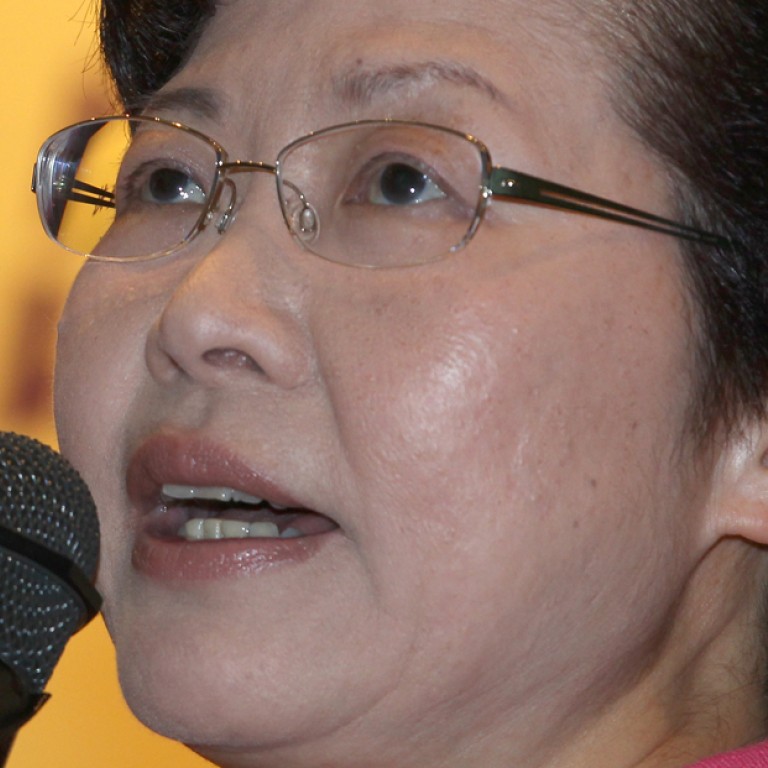
We must be realistic on achieving universal suffrage
There was a time when Hong Kong was still fighting for a so-called timetable for universal suffrage. It was not until 2007 that Beijing ruled 2017 would be the earliest possible year for that to happen. Since then, state leaders have repeatedly stressed that the commitment is a solemn one.
There was a time when Hong Kong was still fighting for a so-called timetable for universal suffrage. It was not until 2007 that Beijing ruled 2017 would be the earliest possible year for that to happen. Since then, state leaders have repeatedly stressed that the commitment is a solemn one.
As promising as it may sound, we are nowhere near the goalpost. Unless there is a consensus on how universal suffrage is to be implemented, it risks becoming an unfulfilled dream.
The latest grim assessment by a government task force has provided some food for thought. In a midterm review of the five-month public consultation on reform, Chief Secretary Carrie Lam Cheng Yuet-ngor said she was genuinely concerned about the impasse. Many views, she said, were mere political slogans that lacked substance or disregarded constitutional constraints. Without naming the pan-democrats, she urged people to accept the political reality lest universal suffrage becomes nothing more than a castle in the air. The constitutional affairs chief said that if we could not make it in 2017, there would be no universal suffrage for another 10 years.
That Lam has weighed in with a warning midway through the consultation speaks volumes for the stalemate. Given the deep political divide and the absence of concrete proposals for discussion, no one would expect any major achievement. What is worrying, though, is that stakeholders have yet to find a common political language for meaningful dialogue. Instead, the focus has been skewed towards nominating methods that do not seem to stand any chance of being approved. Not only is this a waste of time and effort, it does not do justice to those who helped secure a timetable for democracy. It is in the city's interest to focus on the framework laid down by the Basic Law and the National People's Congress Standing Committee.
On Tuesday, the mainland official in charge of Hong Kong affairs reportedly said that reform must adhere to the Basic Law. The remark was interpreted by some as a dismissal of the idea of allowing voters to put forward candidates. In the absence of a green light, it would be wise to start exploring other options that stand a better chance of being approved.
For the first time, the city is venturing into the uncharted waters of electing its leader via one person, one vote. It is up to the people to seize the opportunity and work out a package that is acceptable to the majority. With a firm foundation and broad support, the castle of universal suffrage can turn into reality.

